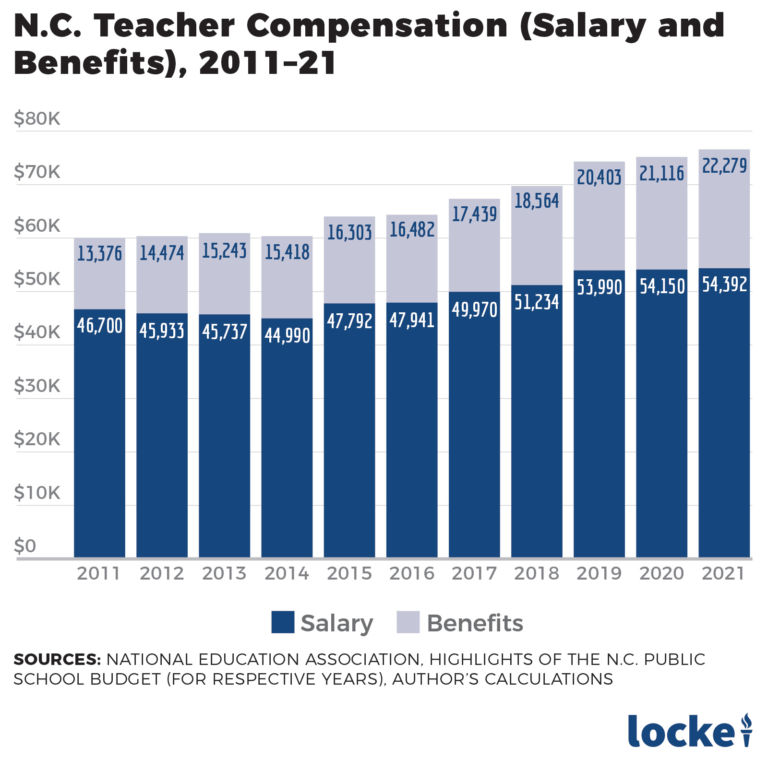Mathematica Policy Research shows us the way:
In 2006, Congress established the Teacher Incentive Fund (TIF), which provides grants to support performance-based compensation systems for teachers and principals in high-need schools. Under a contract with the U.S. Department of Education’s Institute of Education Sciences, Mathematica recently completed a study featuring an in-depth analysis of TIF’s implementation and the impacts of performance bonuses on educator effectiveness and student achievement.
Key findings include:
- By the second year of implementation, performance bonuses improved reading and math achievement by 1 to 2 percentile points—the equivalent of about four weeks of additional learning.
- Many teachers had only a limited understanding of the bonus program. For example, about 40 percent of teachers who were eligible to receive a bonus knew they could, and teachers typically thought the maximum bonus they could earn was about 40 percent of the actual maximum bonus.
- Districts typically implemented most components of the performance-based compensation system throughout all four years of their programs. However, fewer than half the districts planned to keep offering performance bonuses once the grant was over.
The researchers concluded, “Although the impacts of pay-for-performance were small, the costs of the bonuses were also low enough such that this policy was at least as cost-effective as some alternative policies that have been evaluated.”


